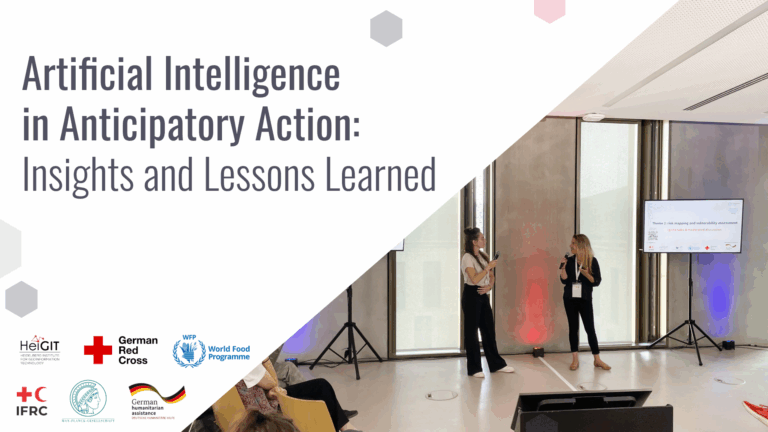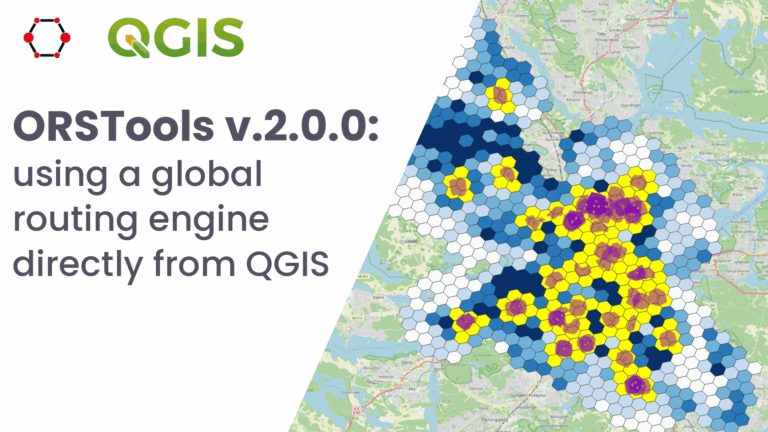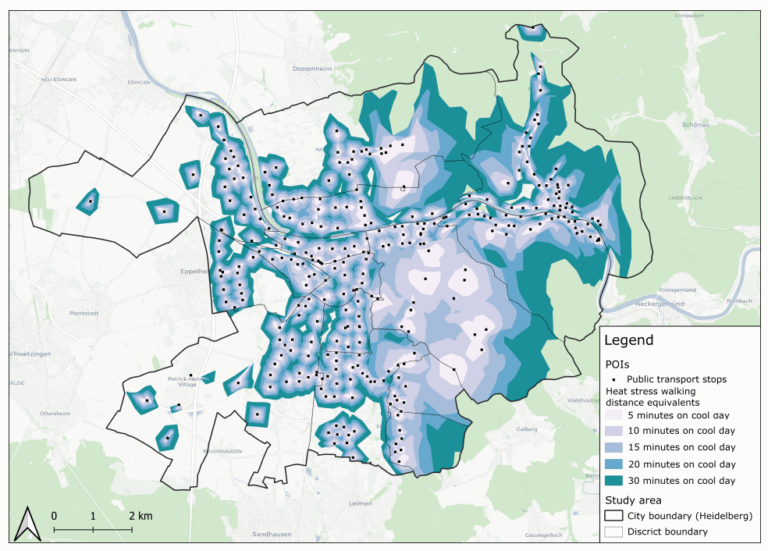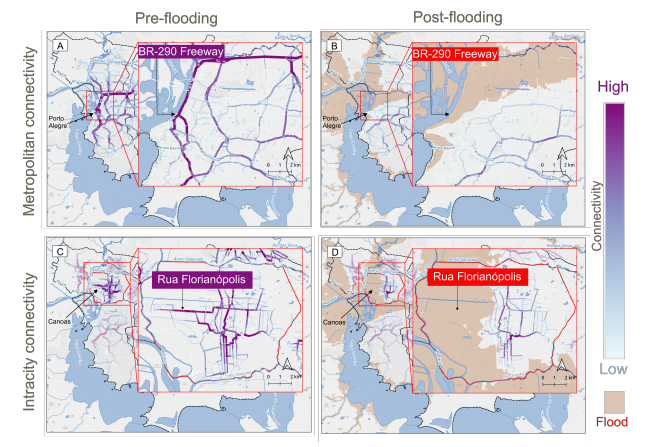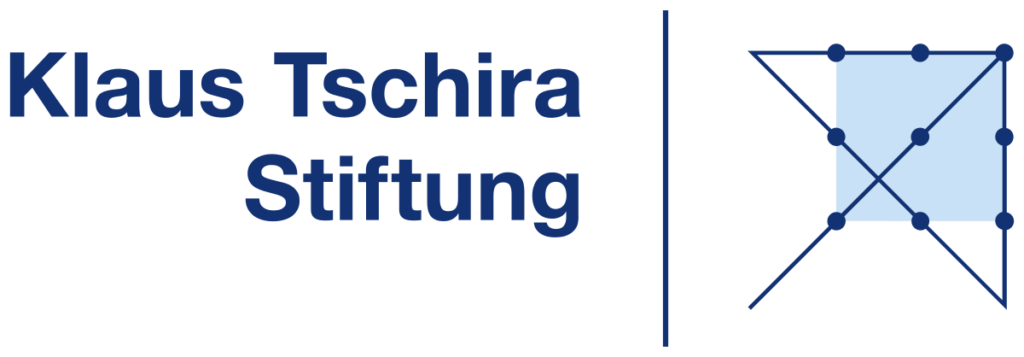Centrality indicators are used to identify important nodes or edges in graph networks. Applied to road networks these indicators can for example be used to model traffic speed or identify critical roads to support disaster preparedness. Still, open challenges remain on how the geographical context of road networks (e.g. road type, spatio-temporal travel patterns) should be integrated and how to efficiently calculate centrality indicators for such complex networks.
This workshop will provide a platform to discuss and learn about centrality indicators both at a conceptual as well as a technical implementation level. In addition, hands-on sessions on how to calculate centrality indicators using openrouteservice will be offered by the organisers to interested participants.
GIScience Conference, Leeds, UK, September 12, 2023
Workshop Format
The workshop will be done in a “open-space” format, where participants themselves suggest topics and decide on the agenda. This enables participants to adapt the workshop according to their interests and encourages exchange between participants to start new research collaborations. An introduction to the “open space” method will be given at the beginning of the workshop.
Discussion topics for the session will be proposed and selected by the participants. Possible topics may be but are not limited to:
- How are centrality indicators applied in the geospatial realm?
- What are current challenges, limitations or open questions?
- How can centrality indicators be adapted, improved or extended?
- Which software packages are available to calculate centrality indicators for road network analysis? What are their limitations?
- What are the software requirements to calculate more advanced and meaningful geospatial centrality indicators?
- How to get from conceptual research over proof-of-concepts to ready-to use software to support policy makers?
In addition, practical hands-on sessions will be offered by organisers for interested participants:
- What is openrouteservice? How to send API requests?
- How to calculate different centrality measures using openrouteservice?
- How to set up a local docker instance of openrouteservice on your computer?
Registration
Conference attendees interested in participating in the workshop may send an email to christina.ludwig@heigit.org until 30.06.2023 with a short paragraph explaining their motivation to participate in the workshop. The workshop is limited to 20 people.
Participation in the hands-on tutorials requires participants to bring their own laptop and installing the required software prior to the workshop. Installation instructions will be sent out at least two weeks before the conference.
Workshop organisers
Christina Ludwig1,2
Marcel Reinmuth2
Adam Rousell2
Alexander Zipf1,2
1 GIScience Research Group, Institut of Geography, Heidelberg University, Germany
2 Heidelberg Institute for Geoinformation Technology (HeiGIT) gGmbH at Heidelberg University, Germany
HeiGIT and the GIScience Research Group work closely together with the aim of transferring fundamental research in geoinformatics to practical applications. Within this collaboration we have performed road network analyses in the context of disaster preparedness (Petricola et al., 2022), pedestrian and bike routing (Ludwig et al., 2021, Hatfield et al., 2022) and traffic modelling (Zia et al., 2022). All of these studies used openrouteservice, an open-source routing service based on OpenStreetMap data, which is developed and provided as a public service by HeiGIT gGmbH.

